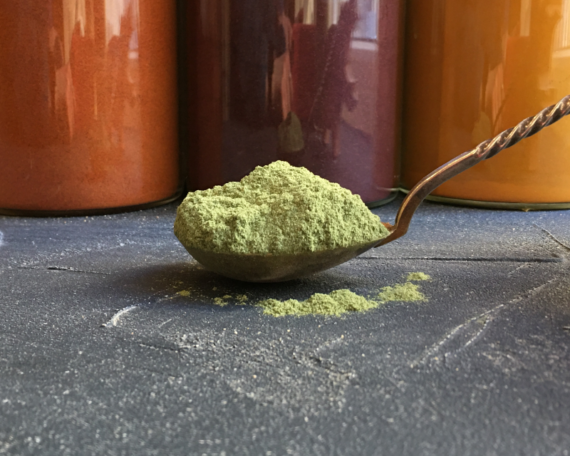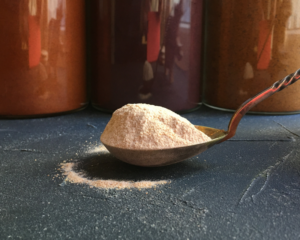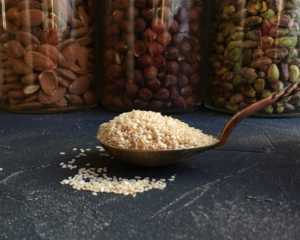Organic Alfalfa powder
From 3.05€
Blue-flowered alfalfa is a perennial (up to 10 years) plant with many stems in the Fabaceae family. Alfalfa improves the soil, and is an herbaceous, woody and medicinal plant. Blooms from June to September. It grows in the hills and can withstand drought. It prefers non-acidic soils.
Blue-flowered alfalfa (Alfalfa) draws its valuable trace elements and minerals from deep within the earth. The roots of this plant penetrate to greater depths and feed on trace elements that are not available at the surface.
Alfalfa is believed to be one of the first edible plants known to mankind. In Arabic, its name means “Father of all food”. It is clear that alfalfa was vital to people in ancient times. It has been used in traditional medicine, such as Chinese or Ayurveda, for over 1500 years.
- The phenolic compounds and flavonoids in alfalfa are excellent antioxidants that have the ability to bind free radicals
- High in essential amino acids
- Isoflavones have a similar effect to estrogens, which is why alfalfa is beneficial for menopausal women
Use
Organic blue alfalfa powder will enrich your food with biologically valuable substances.
Alfalfa has a mild flavour and is ideal for flavouring porridges, smoothies, sauces, soups, side dishes and stews. Excellent in salads.
Alfalfa tea can be brewed.
The recommended daily intake is 1-2 teaspoons.
NOTE. The information contained herein should not be construed as a recommendation for treatment or other health issues. We encourage you to make personal decisions about your personal health, taking into account a wide range of sources of information.
Organic blue-flowered alfalfa (100%)
-
-



